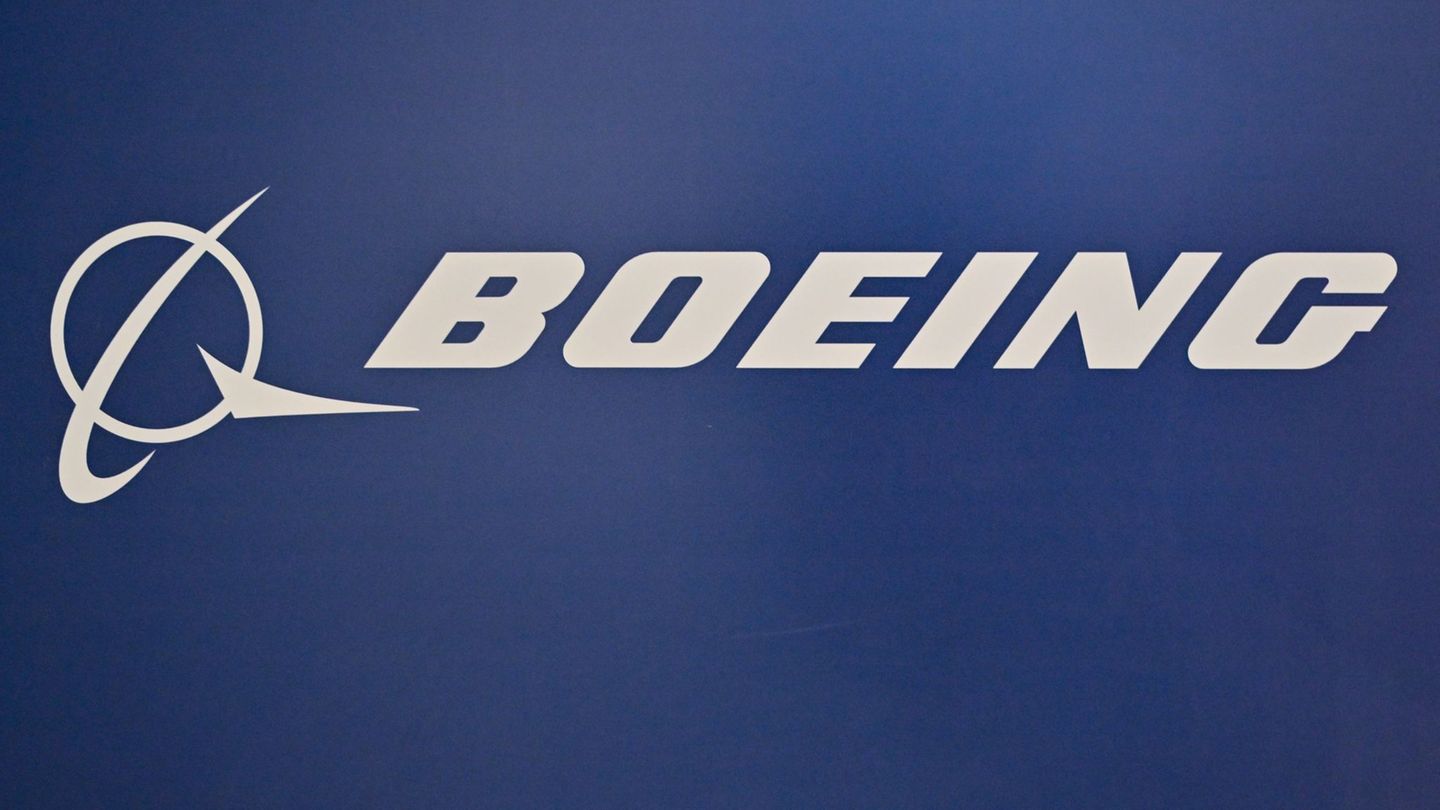The automation specialist Keba, based in the industrial park in Urfahr, entered the electromobility business back in 2009.
The Linz-based company makes charging solutions for hybrid and electric vehicles such as charging stations and wall boxes. The demand for the latter has been skyrocketing for two years. In April, the barrier of 250,000 wallboxes sold was passed. “The delivery times are currently between ten and 14 weeks. Ideal would be four,” said CEO Gerhard Luftensteiner at the presentation of the 2020/21 balance sheet. Thanks to the early identification of market trends, the family business rushes from one sales record to the next. In the past five years, the keba has grown by an average of 18 percent annually.
Keba generated a turnover of 415.4 million euros in the past financial year (balance sheet date March 31, 2021). This corresponds to an increase of 11.2 percent compared to the previous year – despite Corona. Calculated on a full-time basis, the company employs 1750 people worldwide. The company’s continuous and rapid success does not only come from e-mobility.
The Linz-based company is also active in other future segments such as the contactless transfer of cash, parcels and goods. “Handover Automation” is the name of the Keba division. The third area is industrial automation, in which hardware and software solutions for machines and robots are developed and manufactured.
Three own keba companies
The three divisions are so different that the Keba board decided to convert them into three separate operational units. As a holding company, Keba AG remains the roof over the three companies that are to be entered in the commercial register retrospectively from the beginning of the 2021/22 financial year.
Industrial automation is a so-called OEM business: The customers are therefore original equipment manufacturers of products and machines. “We have very close customer relationships here,” says Luftensteiner. The decision-making cycles in industrial automation are very different from those in the “project business” handover automation, where large orders are won through tenders.
Energy automation, on the other hand, is a series business with a large number of end customers. “With the new organization, we enable decentralized decisions and improve processes.”
more on the subject

With the new company structure, Keba sees itself equipped for further growth, which is not stalled by the current shortage of semiconductors. “The chip shortage is not a new topic. We are always concerned with it, now perhaps a little more intensively. We purchase components from our Chinese subsidiary and have good networks,” says Luftensteiner. More than the bottlenecks in raw materials, the head of the company is concerned with skilled workers. Keba currently has 70 vacancies to fill.
Jane Stock is a technology author, who has written for 24 Hours World. She writes about the latest in technology news and trends, and is always on the lookout for new and innovative ways to improve his audience’s experience.



